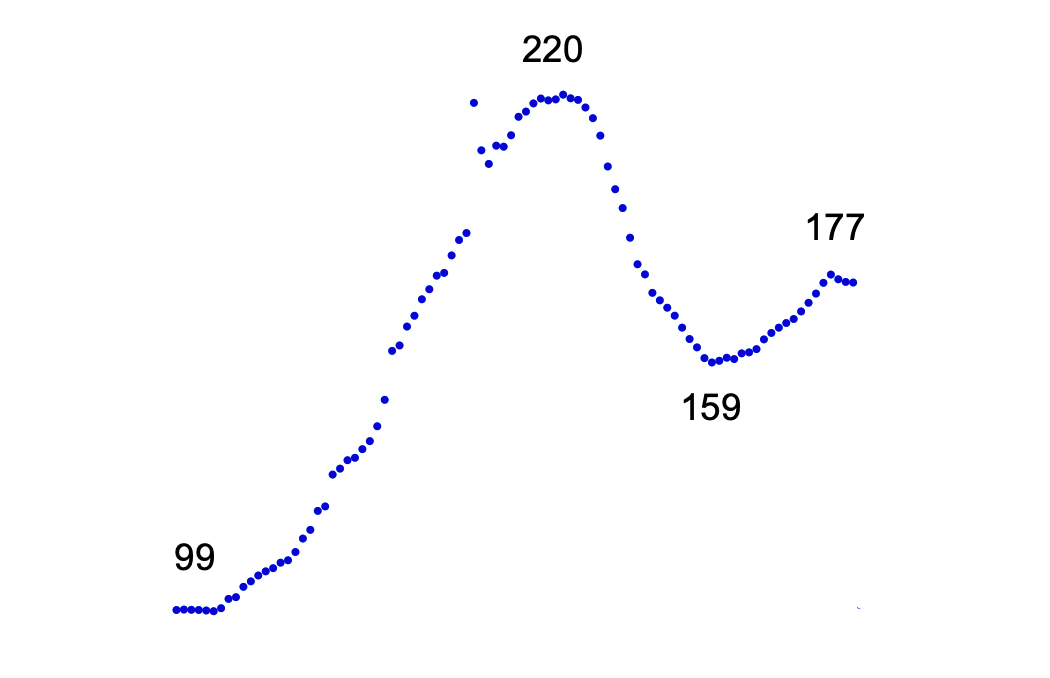Dave Itzkoff, "Elon Musk Hosts a Mother’s Day Episode of ‘Saturday Night Live’", NYT 5/9/2012 ("The much-discussed Tesla and SpaceX executive took a self-deprecating approach, telling viewers, 'I’m pretty good at running human in emulation mode.'"):
Musk, the billionaire chief executive of Tesla and founder of SpaceX, appeared in several “S.N.L.” sketches this weekend, playing characters that included a doctor at a hospital that caters to Generation Z patients, the producer of an Icelandic TV talk show and the video game villain Wario.
He used his opening monologue to share some personal details about himself, introducing viewers to his mother and discussing his diagnosis of Asperger’s syndrome — […]
Musk took a self-deprecating tone in his “S.N.L.” monologue, telling the audience: “Sometimes, after I say something, I have to say, ‘I mean that,’ so people really know that I mean it. That’s because I don’t always have a lot of intonational variation in how I speak. Which I’m told makes for great comedy.”
The question of intonational variation in the speech of people on the autism spectrum is an interesting one. In the literature and in clinical presentations, I've seen phrases like "As is well known, autistic individuals have monotone intonation", and also "As is well known, autistic individuals have singsong intonation".
This apparently reflects the fact that most observers of intonation only notice differences between what they expect and how people talk. So depending on their relationship to the speakers and the contents and contexts of interaction, they might perceive the same speakers' intonation as inappropriately monotone or inappropriately varied. There may also be relevant subgroups within the large and extremely varied space of people "on the spectrum" — autism is one of the many DSM-defined behavioral categories that are "phenotypically diverse", which a clinician friend explains is the Greek translation of "We have no f-ing clue"…
Read the rest of this entry »

